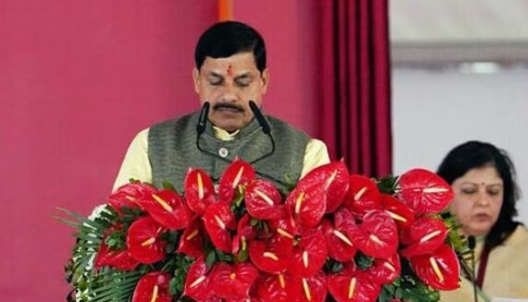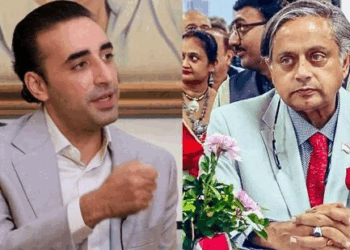The Ayodhya Ram Temple’s ‘Pran Pratishtha’ ceremony, Madhya Pradesh has declared January 22 a dry day, making it the sixth state in the country to ban the sale of liquor on this auspicious occasion.
The decision comes as a mark of respect to the cultural and religious significance attached to the consecration of the Ayodhya Ram Temple, where the deity’s divine essence will be invoked through the ‘Pran Pratishtha’ ritual.
Madhya Pradesh now joins the league of states, including Gujarat, Bihar, Nagaland, Mizoram, and Lakshadweep, where the prohibition of liquor sales on specific religious or cultural events is observed.
The announcement was made by the state government in a bid to uphold the sanctity of the Ayodhya Ram Temple’s ‘Pran Pratishtha’ and to honour the sentiments of millions of devotees who are eagerly awaiting this historic event. The decision aligns with the broader effort to foster an environment of spiritual and cultural observance on such momentous occasions.
This move is anticipated to ensure that the devotees and residents of Madhya Pradesh can fully immerse themselves in the religious festivities without any external distractions. It reflects a commitment to preserving the sacred nature of the event and facilitating a peaceful and contemplative atmosphere for those participating in the celebrations.
The prohibition on the sale of liquor on January 22 is expected to be strictly enforced across the state, with authorities taking necessary measures to ensure compliance. Violations of this restriction may result in legal consequences, as the government aims to maintain a solemn and orderly atmosphere during the ‘Pran Pratishtha’ proceedings.
As preparations for the Ayodhya Ram Temple’s ‘Pran Pratishtha’ reach their final stages, the declaration of a dry day in Madhya Pradesh adds another layer of significance to the nationwide anticipation of this historic event. The state government’s decision serves as a poignant acknowledgement of the cultural and religious mosaic that defines India, reaffirming the importance of unity in diversity.








 India
India












